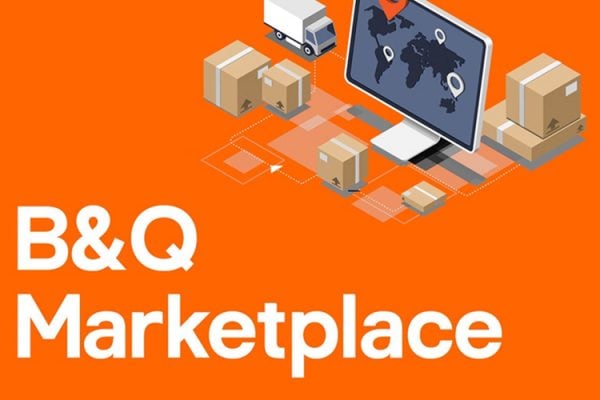While marketplaces may be growing to be the dominant force in ecommerce at the expense of more traditional direct-to-consumer brand sites, the distinction between what is a marketplace and what isn’t is, around the edges at least, beginning to blur as retailer-operated marketplaces accelerate.
There are essentially three different kinds of marketplaces – and a host of hybrids thereof – each operating and adding value to both consumer and brand/merchant in slightly different ways. While the rest of this report will drill into this in detail, by way of an introduction, these three types can be broadly categorised as: pure, mixed and retailer-operated.
Pure marketplaces are platforms that, as the name suggests, purely act as a place to link buyers and sellers. Those sellers can be individuals, brands, merchants, resellers or retail brands and the site is there to handle the marketing, sale, payment processing and, in some cases, fulfilment and delivery of their goods. The best known example of this is eBay.
Mixed marketplaces, on the other hand, do all of this as well as selling their own-label products, often in direct competition with the brands, retailers and sellers using their site. This is the model popularised by Amazon. Indeed, with Amazon they buy direct from some brands with a 1P relationship while the brands may also be selling different product sets on Amazon as a 3P seller.
The final grouping are retailer-operated marketplaces. These are marketplace sites run by retailers alongside their own online presence. They act as a platform to extend their reach into selling third-party products that typically are an addendum to their core range. An example of this is French supermarket giant Carrefour, which runs a marketplace selling organic and niche foods separately from, but complementary to, the core ranges found on its main site.
Around this three groups is a host of hybrids that take elements of each approach to create novel new ways to sell. One prime example is UK fashion retailer Next, which has created a chimera of all three, turning its own website into its own online store front as well as a marketplace that sells items from other, complementary, brands. Its thinking is that it creates customer value and improves the ROI on creating its online platform in the first place.
There are many retailer-operated marketplaces, each operating in different verticals with a different consumer demographic to offer partner brands – Alongside Next are B&Q, JD Sports, Decathlon, Debenhams, Superdrug, H&M, Debenhams, ASOS, John Lewis, Boots… the list is expansive and ever growing.
Retailer-operated marketplaces have the big advantage that they already have a loyal following with millions of customers shopping at the websites. This opportunity isn’t limited to the UK but is rapidly spreading across Europe and the US.
Retailer-operated marketplaces are perhaps the most exciting recent development in ecommerce, somewhat akin to opening an online concession in the way that brands often operate in department store retailing. Indeed, Debenhams don’t describe themselves as a marketplace prefering to call themselves an online department store, and one with a 240 year heritage as one of the UKs best loved brands.
In the past it may have been sufficient to place goods on pure or mixed marketplaces, but in 2023 and beyond adopting relevant retailer-operated marketplaces should be at the forefront of every ecommerce managers planning.










One Response
Retailer marketplaces are nothing new. They have been around for a long time. I have worked with a fair few over the years some good some not so good. They tend to vet the seller’s ( test shopping) better than the likes of eBay, but they also suddenly decide to shut a marketplace on a whim.